Microtransactions may be included in Ubisoft's upcoming open-world Star Wars game
by Danny Craig ·
Updated

Electronic Arts
A recent job listing from Ubisoft Massive has raised concerns that their upcoming Star Wars game will include microtransactions.
The details:
- The job listing for a "Monetization Specialist" has appeared on the site of Massive Entertainment, with responsibilities including “learning how to generate additional revenues in the fairest, value-added way possible through secondary store items, monetization systems, live events – and more" across "multiple projects."
- Along with the unnamed narrative-driven Star Wars game, Massive is also developing Avatar: Frontiers of Pandora, a game set in the world of James Cameron's Avatar movie franchise. Given that Massive's The Division 2 already features microtransactions, these monetization systems will likely appear in one form or another in both upcoming games.
- It’s also worth noting that the additional information section of the job listing reads, "At Massive, you get to do what you love most while bringing your own experience to our ongoing projects, like Tom Clancy’s The Division 2, Avatar: Frontiers of Pandora, and The Star Wars Project. We're also developing new tech here, such as our in-house engine Snowdrop, and Ubisoft Connect - Ubisoft's digital ecosystem and distribution platform." This isn’t confirmation that monetization will be included in the new games, as the section is the same across all Massive jobs. Still, it certainly adds to the likelihood of their inclusion.
- Unfortunately, the Star Wars franchise has a poor track record when it comes to microtransactions, with Electronic Arts' handling of loot boxes in Star Wars Battlefront II prompting industry-wide calls for regulation in all future video games. The outrage eventually led some countries, such as the Netherlands, to classify some loot boxes as a form of gambling, opening up developers and publishers to heavy fines if they didn’t implement specific measures into their games.
Notable microtransaction-related news from last year:
- The Federal Trade Commission (FTC) fined Fortnite creator, Epic Games, $520 million USD in December over allegations of child privacy violations and unintended purchases from their in-game shop. Of the huge sum, $275 million was for breaking the Children's Online Privacy Protection Act (COPPA) by having voice chat and data collection enabled by default despite the fact that many of its players were younger than 13. The remaining $245 million is to be refunded to players as compensation after the FTC claimed the game featured "dark patterns and billing practises" that used "privacy-invasive default settings and deceptive interfaces" to trick children into purchasing V-Bucks, the game’s premium currency.
- Back in August 2022, jtisallbusiness, a Diablo Immortal player, claimed he lost access to the game’s PvP battlegrounds after spending a massive $100,000 on microtransactions. He allegedly spent upwards of 72 hours attempting to queue into a game without success, stating, "My matchmaking record is now so high that I literally can’t get a Battleground!" In a YouTube video, he later said he was considering consulting a lawyer after Blizzard failed to provide him with an adequate response. Blizzard then reached out to let him know they were implementing a solution to his matchmaking problem.
Featured Jobs
More Jobs
Game Operations Associate (Esports)
 1v1Me
1v1Me
🌎
Remote (USA)
3D Artist & Animator
 Fresh Vintage
Fresh Vintage
🌎
Remote (Anywhere)
Associate QA Tester: Compliance (Night Shift)
 Rockstar Games
Rockstar Games
🇬🇧
Lincoln, UK
Account Manager - Influencer Marketing
 Aftershock Media Group
Aftershock Media Group
🌎
Remote (Anywhere)
Environment Artist (Star Wars Jedi)
 Respawn Entertainment
Respawn Entertainment
🇺🇸
Los Angeles, CA, USA
+ 6 more
(Russian) Associate Quality Assurance Tester / Language Development Support
 Naughty Dog
Naughty Dog
🇺🇸
Santa Monica, CA, USA
+ 1 more
Latest News
More News
-
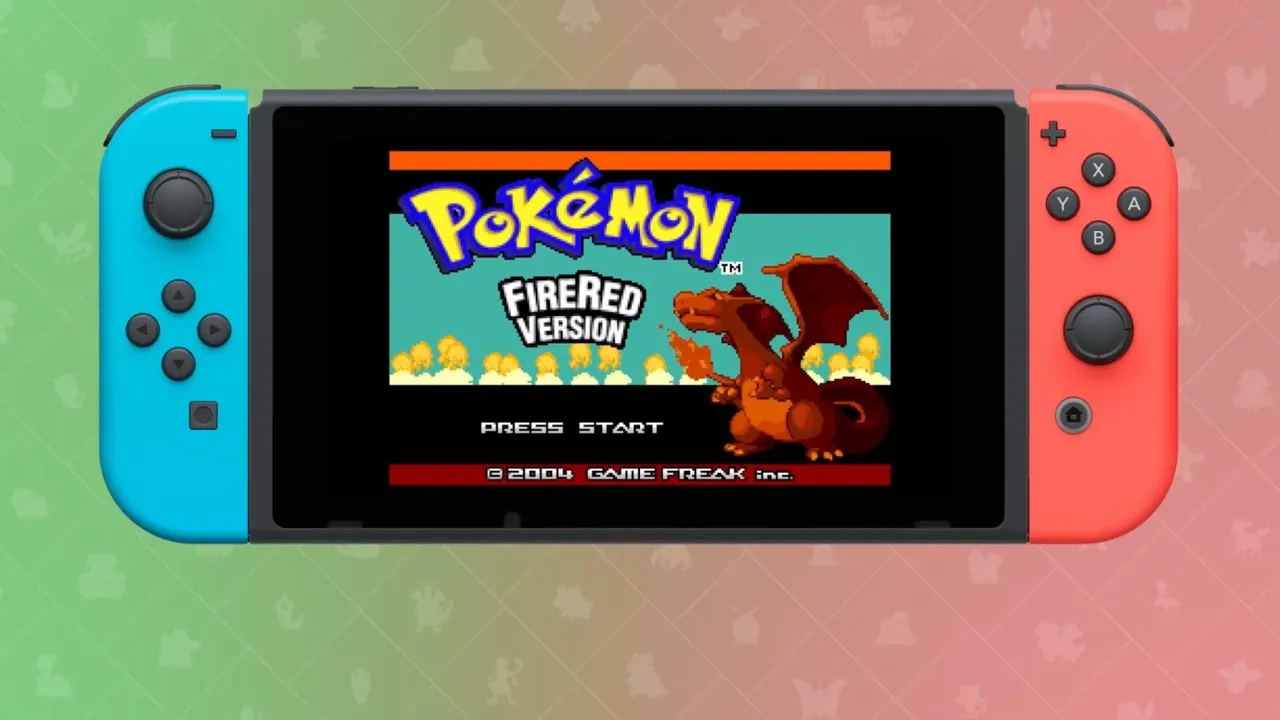 Pokémon FireRed and LeafGreen are coming to Nintendo Switch alongside a new Pokémon Presents
Pokémon FireRed and LeafGreen are coming to Nintendo Switch alongside a new Pokémon Presents -
 Ubisoft announces layoffs at Splinter Cell remake studio, but the game has not been cancelled
Ubisoft announces layoffs at Splinter Cell remake studio, but the game has not been cancelled -
 Demon's Souls remake developer Bluepoint is shutting down, Sony confirms
Demon's Souls remake developer Bluepoint is shutting down, Sony confirms -
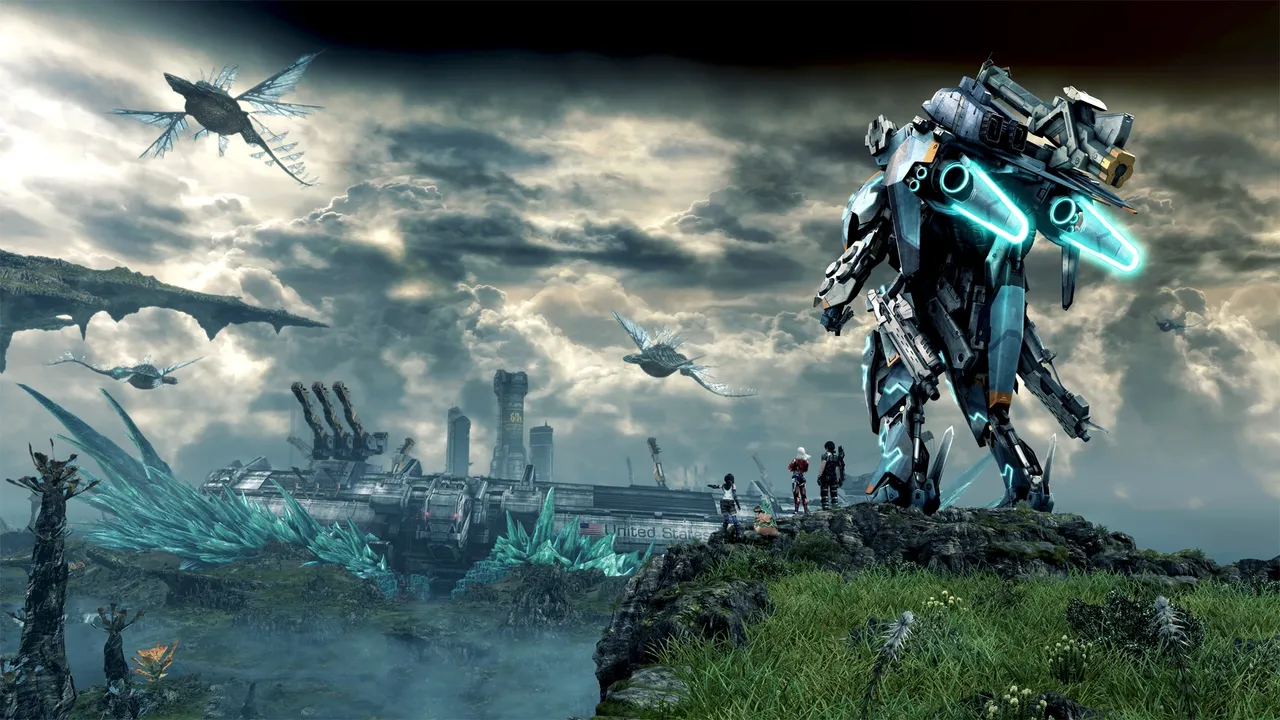 Nintendo shadow drops Xenoblade Chronicles X: Definitive Edition Switch 2 upgrade
Nintendo shadow drops Xenoblade Chronicles X: Definitive Edition Switch 2 upgrade -
 EA receives permission from commentator to generate EA FC 26 voice lines using AI
EA receives permission from commentator to generate EA FC 26 voice lines using AI -
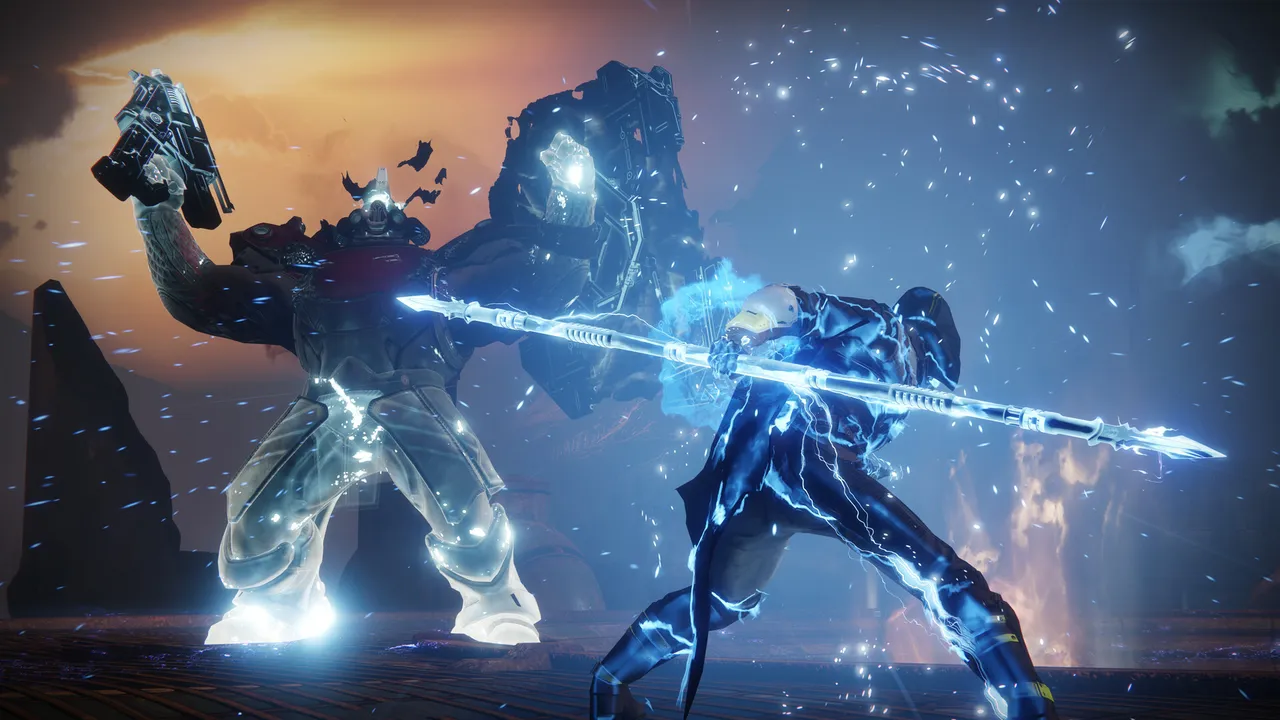 Destiny 2's Shadow and Order update has been delayed by several months, Bungie announces
Destiny 2's Shadow and Order update has been delayed by several months, Bungie announces -
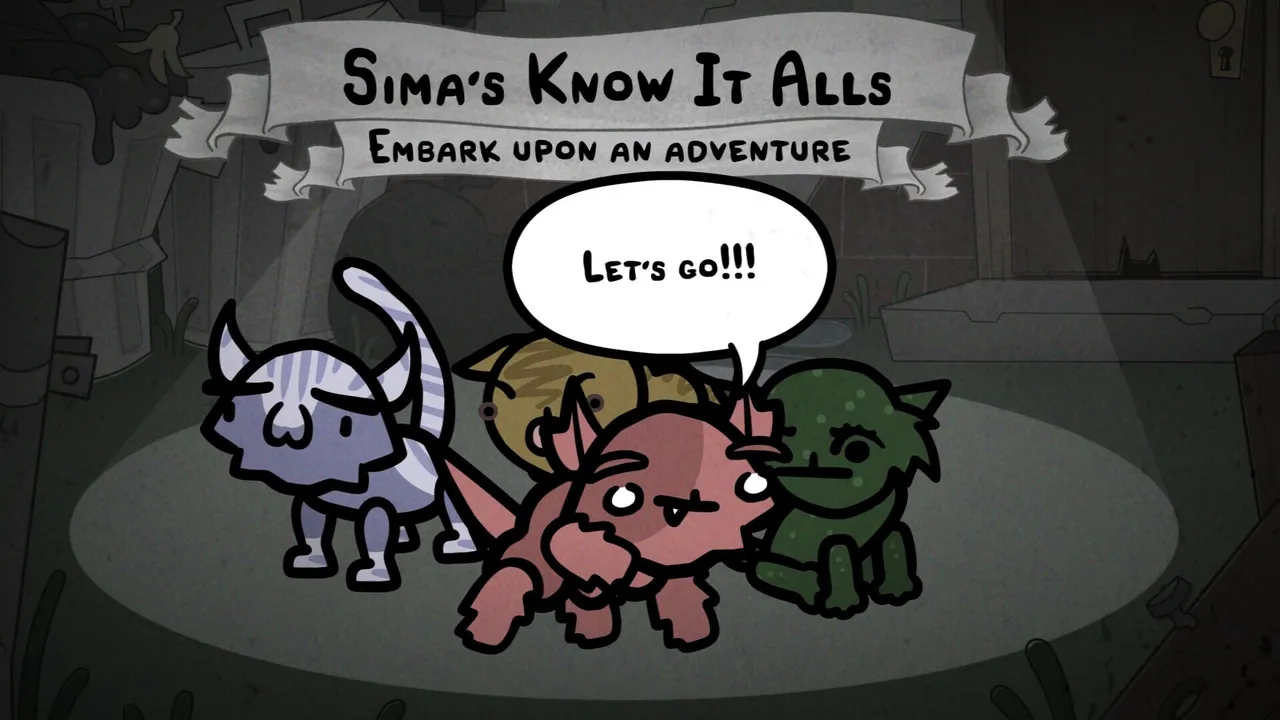 Mewgenics sells over one million copies in just a week, exceeding developer expectations
Mewgenics sells over one million copies in just a week, exceeding developer expectations -
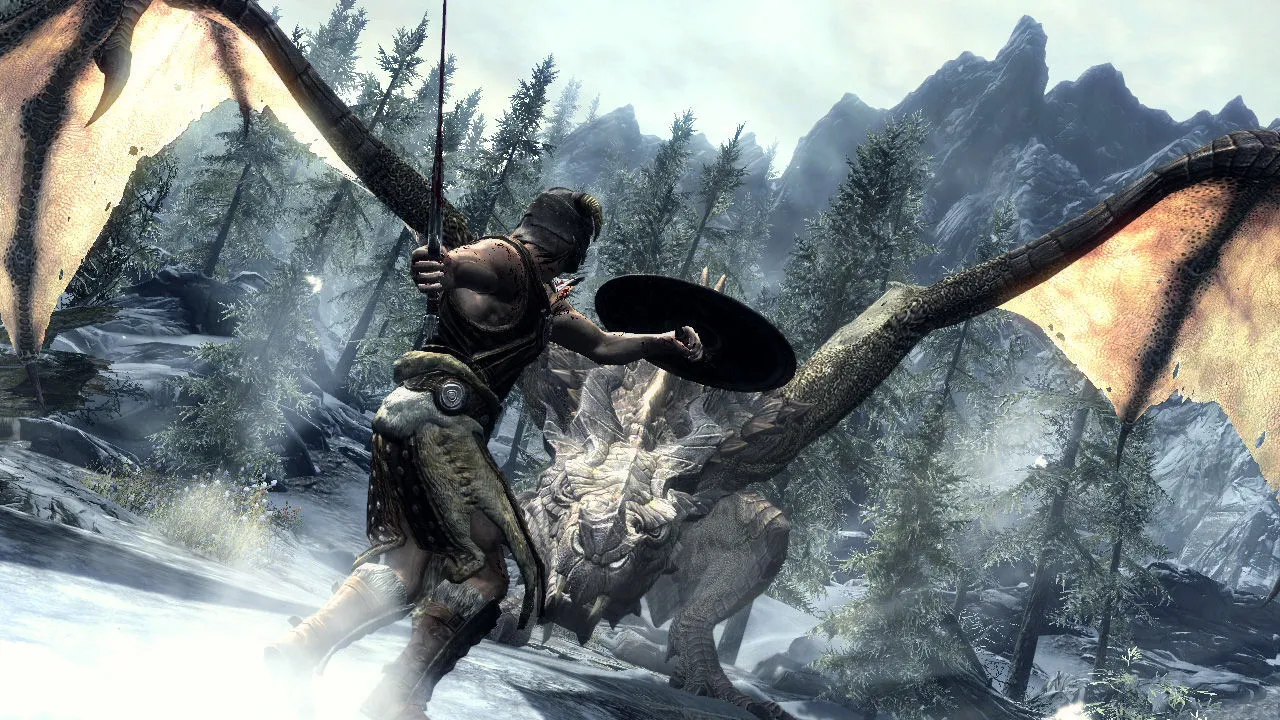 Skyrim finally receives performance and quality modes on the Nintendo Switch 2, addressing frame rate issues
Skyrim finally receives performance and quality modes on the Nintendo Switch 2, addressing frame rate issues -
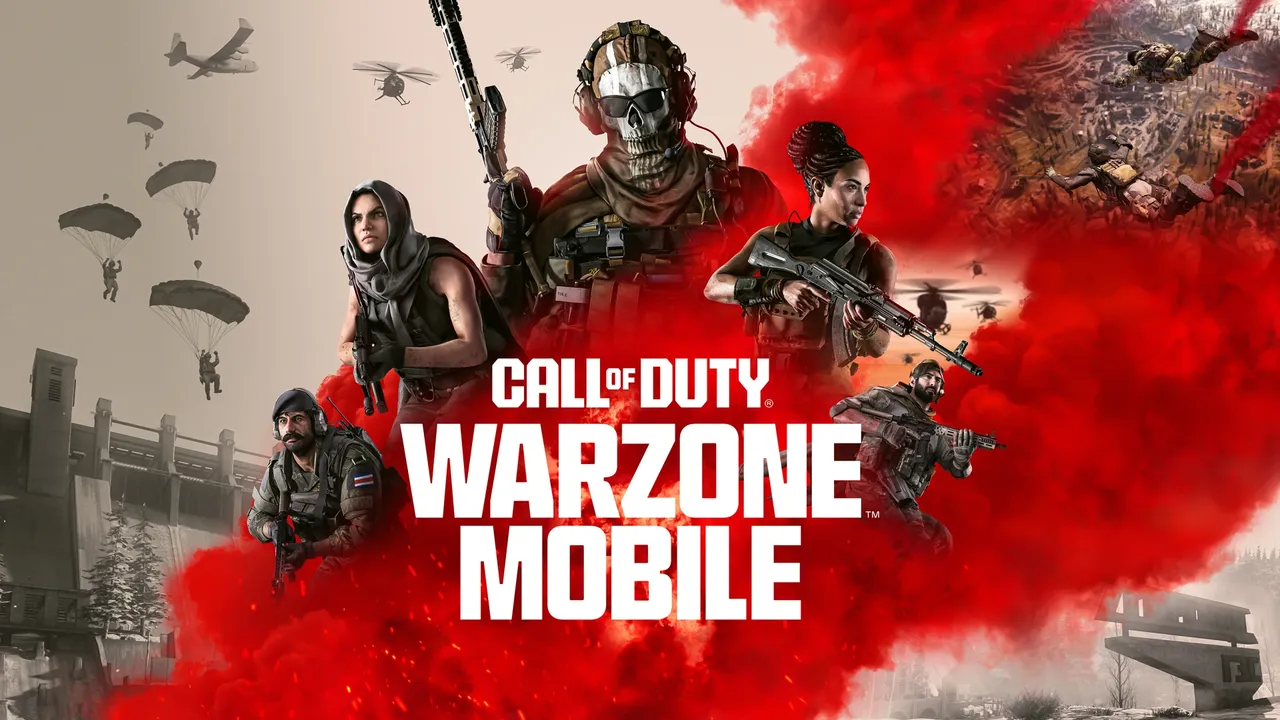 Call of Duty: Warzone Mobile is shutting down in April, Activision confirms
Call of Duty: Warzone Mobile is shutting down in April, Activision confirms -
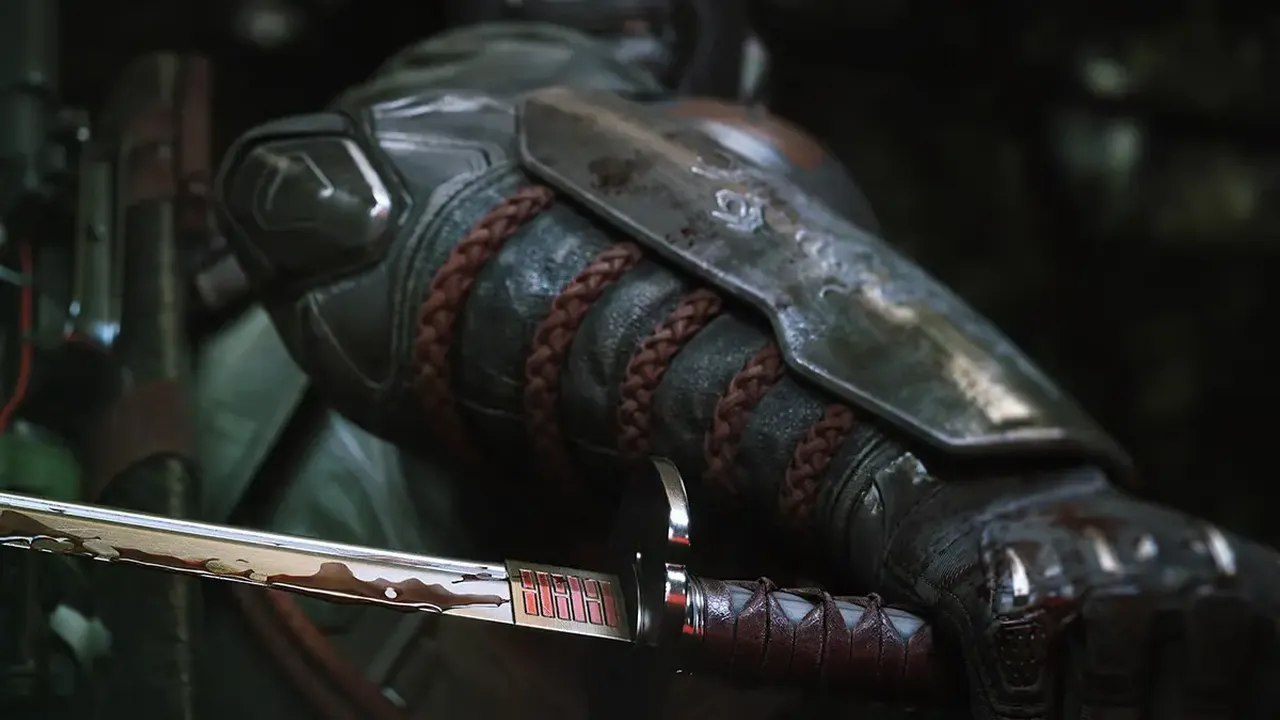 Hasbro shuts down G.I. Joe game developer Atomic Arcade, Snake Eyes project not cancelled
Hasbro shuts down G.I. Joe game developer Atomic Arcade, Snake Eyes project not cancelled -
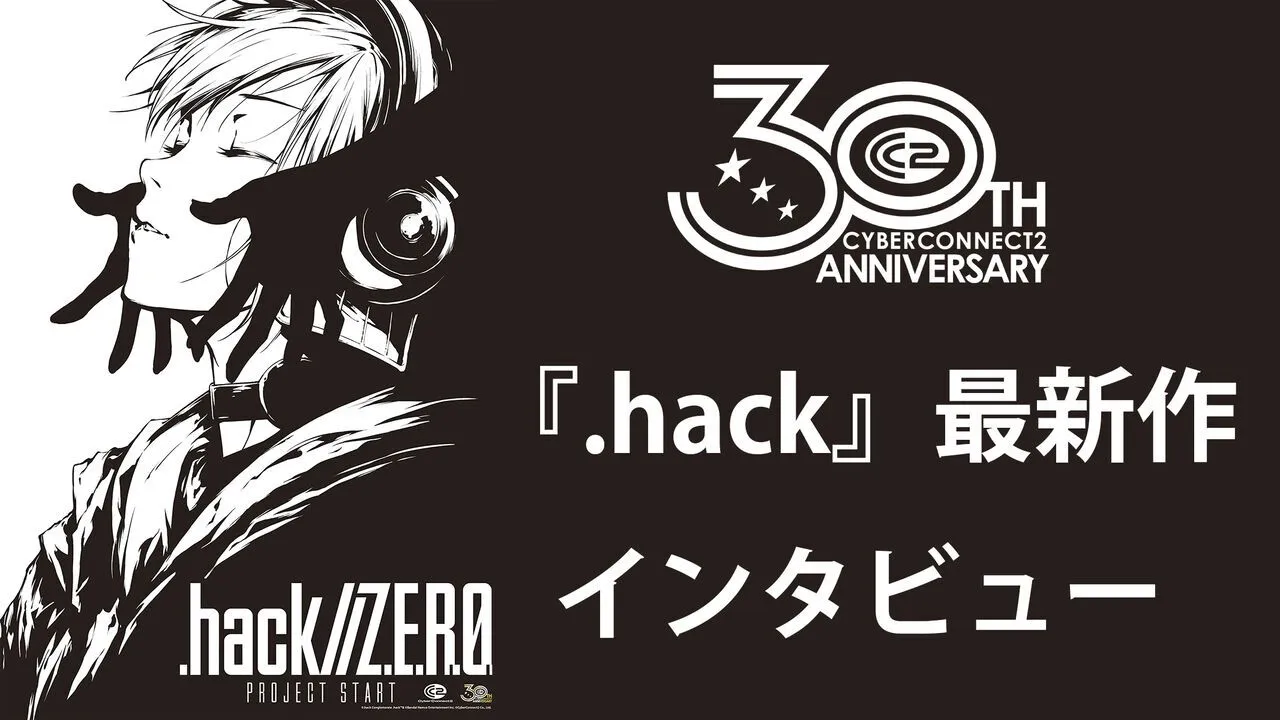 .hack//Z.E.R.O. announced by developer CyberConnect2
.hack//Z.E.R.O. announced by developer CyberConnect2 -
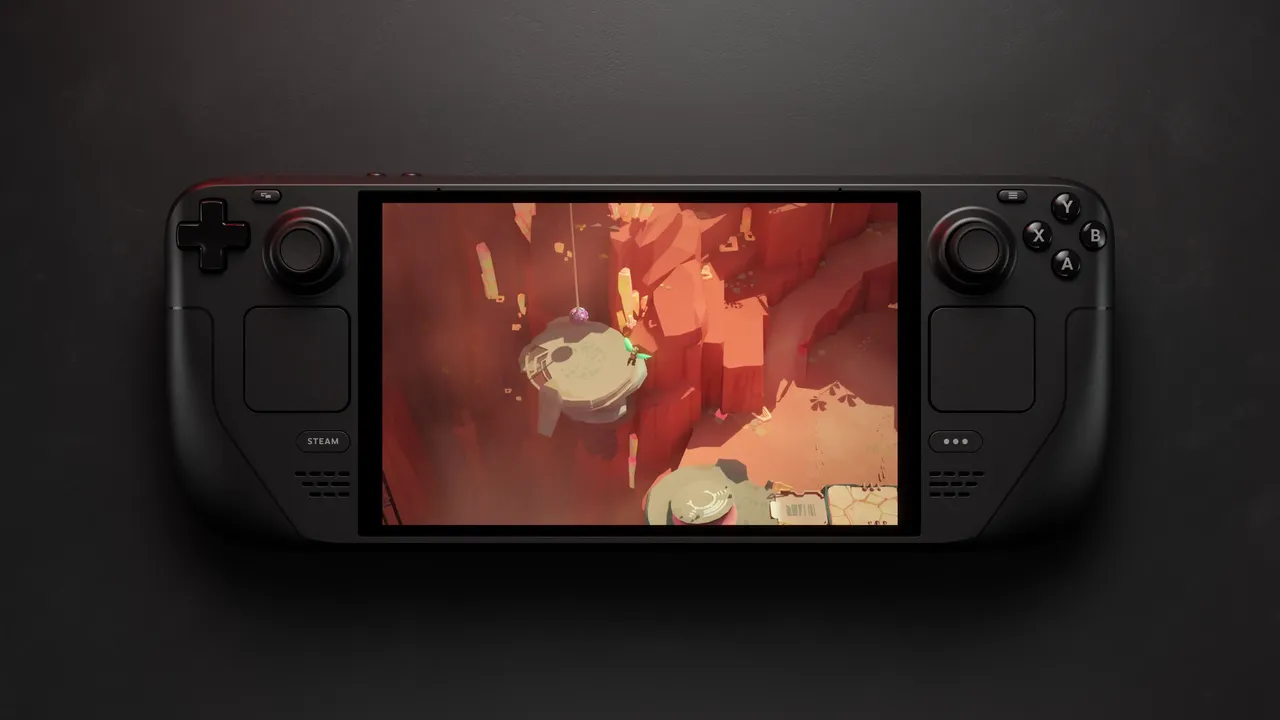 Valve confirms Steam Deck stock shortages amid AI-fuelled memory and storage crisis
Valve confirms Steam Deck stock shortages amid AI-fuelled memory and storage crisis